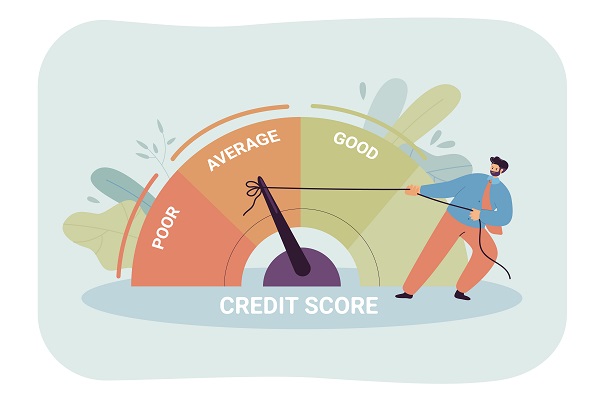Factoring 101: What It Is and How It Can Free Up Your Business Cash Flow
For many business owners, the term ‘factoring’ may sound complex or obscure, but this financing tool can be a lifeline for companies striving to maintain steady cash flow. Essentially, factoring is a financial transaction where a business sells its accounts receivable (invoices) to a third party (a factor, like BlueRock Financial) at a discount. This arrangement provides the business with immediate funds, which can be critical for continuous operation and growth.
Understanding Factoring
Factoring is not a loan; instead, it is the sale of a business asset, which in this case is the invoices. When a company factors its receivables, it receives a large percentage of the invoice value upfront from the factor. The factor then takes on the responsibility of collecting the payment directly from the clients. Once the clients pay their invoices, the factor remits the balance to the original company, minus a fee for the service provided.
This method of financing has been around for centuries and continues to be relevant because it directly addresses one of the most pressing issues for businesses: cash flow bottlenecks due to slow-paying customers.
Benefits of Factoring
The primary benefit of factoring is the immediate boost to cash flow. Instead of waiting 30, 60, or even 90 days for customers to pay, a business can get most of that money right away. This immediacy can make a significant difference in meeting payroll, investing in inventory, or taking on new projects without the typical wait.
Moreover, factoring can be a smart move for businesses without strong credit or those that do not want to incur additional debt. Since factoring is not a loan, it doesn’t appear as debt on the business’s balance sheet. Plus, the focus is on the creditworthiness of the clients, not the business that is selling the invoices.
Ideal Scenarios for Using Factoring
Factoring can be particularly advantageous in several scenarios. For example, startups that need to inject cash into their operations without the track record to get a traditional loan can use factoring to stabilize their cash flow. It’s also ideal for businesses experiencing rapid growth, which often require more working capital to fulfill increasing orders than they can support through sales alone.
Businesses facing seasonal fluctuations can also benefit from factoring. They can sell their invoices during their peak season to secure the cash needed to stock up for the busy period and then factor less during the off-season.
Another ideal use case is for businesses undergoing a financial restructuring or turnaround. Factoring can provide the funds needed to navigate through the restructuring process without the need to take on new, potentially restrictive debt agreements.
How Factoring Can Free Up Your Business Cash Flow
By converting sales on credit terms into immediate cash, factoring gives businesses the ability to enhance their liquidity without the downsides of debt. This increased liquidity can be used to negotiate better terms with suppliers, take advantage of early payment discounts, or simply provide the cash cushion needed to operate with confidence.
It’s also worth noting that factoring can save businesses the time and resources spent on chasing down customer payments, as the factor takes over the collection process. This allows business owners and their teams to focus on core operations, sales, and growth initiatives.
Conclusion
Factoring is a tried-and-tested tool that offers businesses an alternative route to financial flexibility. In an economic climate where cash flow is king, factoring can provide businesses with the working capital they need to thrive, adapt, and expand. As companies navigate the complexities of modern finance, understanding and utilizing tools like factoring will be crucial in maintaining competitive advantage and financial stability.







